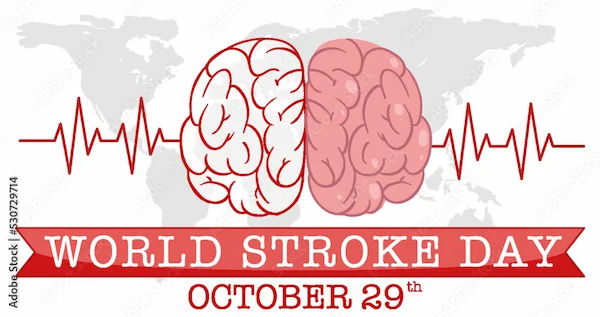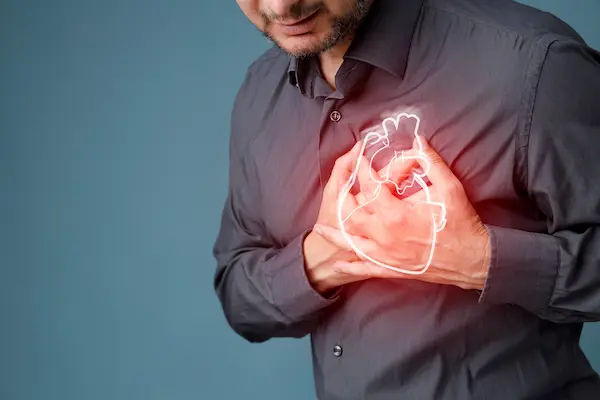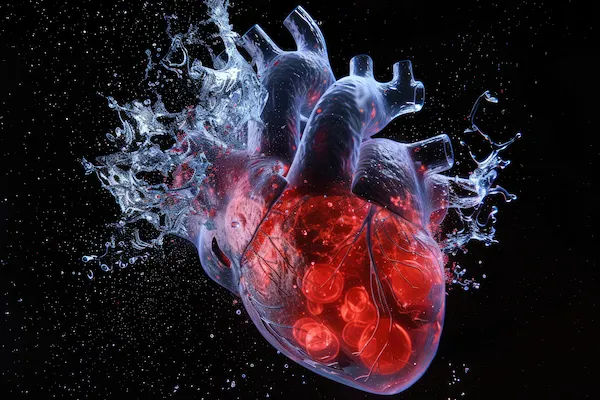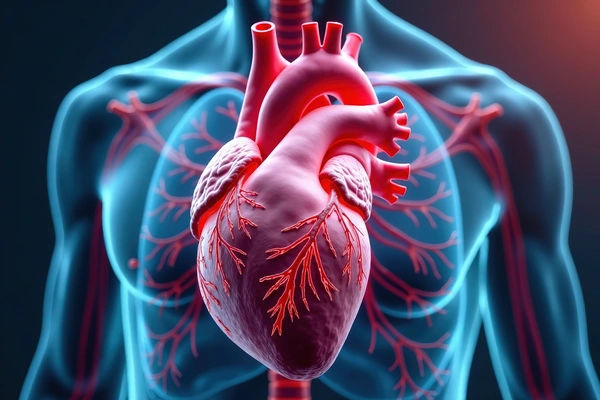- male
- 57 Years
- 29/01/2025
I've been monitoring my blood pressure, and it's currently at 165108. I'm already on amlodipine 5 mg. I'm 57 years old, so I'm wondering what you would recommend for my situation. Should I consider adjusting my medication or adding something new?
Answered by 1 Apollo Doctors
At your age of 57 with a blood pressure of 165108, in addition to amlodipine 5mg, I would recommend adding a medication like Losartan 50mg once daily to help further control your blood pressure. It is important to monitor your blood pressure regularly and follow up with your healthcare provider for any adjustments in your treatment plan.
Dr. Ranjith Suggests...
Consult a Cardiologist
Answered 04/07/2025
0
0

More Cardiology Health Queries
View allI'm a bit concerned about my recent test results and was hoping you could help clarify. I did a 2D echo test, but I'm not sure what counts as normal results for that. Also, I ran for 12 minutes on a stress test machine and I'm wondering what the normal results should look like for that. Can you explain what these tests mean and what I should be looking out for?
2D ECHO report normal--Normal LVRV Systolic function,no pericardial effusion, no IVC plethora,ascending aort dilated,mild mitral valve prolapse , no mitral regurgitation, normal LV function,,, tmt normal report---thread mill sress test--Less than 5 METS is poor, 5-8 METS is fair ,,9-11 METS is good,, 12 METS is excellent .
Answered by 1 Apollo Doctors
I'm really worried about my dad. He's been on metosartan 25mg for about three weeks now, and the doctor recently told him to switch to 50mg. Despite this and his efforts like walking and cutting down on salt, his blood pressure still isn't going down. Is there anything else we can do to help reduce his BP?
you've been bitten by a street dog, it's essential to take immediate action to prevent potential rabies infection. The good news is that minor wounds like yours can be treated effectively with prompt medical attention. *Immediate Steps:* - _Wash the wound_ with soap and water for 10-15 minutes to reduce the risk of infection . - _Apply an antiseptic_ or antibacterial cream to lower the risk of bacterial infection . - _Seek medical attention_ within the first 24 hours after the bite . *Rabies Shots:* You can take rabies shots in the next couple of days, but it's crucial to start the treatment as soon as possible. The typical regimen includes: - 4 doses of rabies vaccine over 2 weeks (days 0, 3, 7, and 14) . - Rabies immunoglobulin on the day of the first vaccine dose or soon after .
Answered by 1 Apollo Doctors
I'm really confused. My ECG, TMT, and 2D Echo all came back negative, but I'm still experiencing chest pain and pain in my left upper arm. What should I do next?
This could be due to irritable bowel syndrome (IBS). You can try taking over-the-counter medication like Imodium (Loperamide) 2mg after meals to help reduce the frequency of bowel movements. Additionally, make sure to drink plenty of water and eat a high-fiber diet to regulate your bowel movements.
Answered by 1 Apollo Doctors
Disclaimer: Answers on Apollo 247 are not intended to replace your doctor advice. Always seek help of a professional doctor in case of an medical emergency or ailment.





